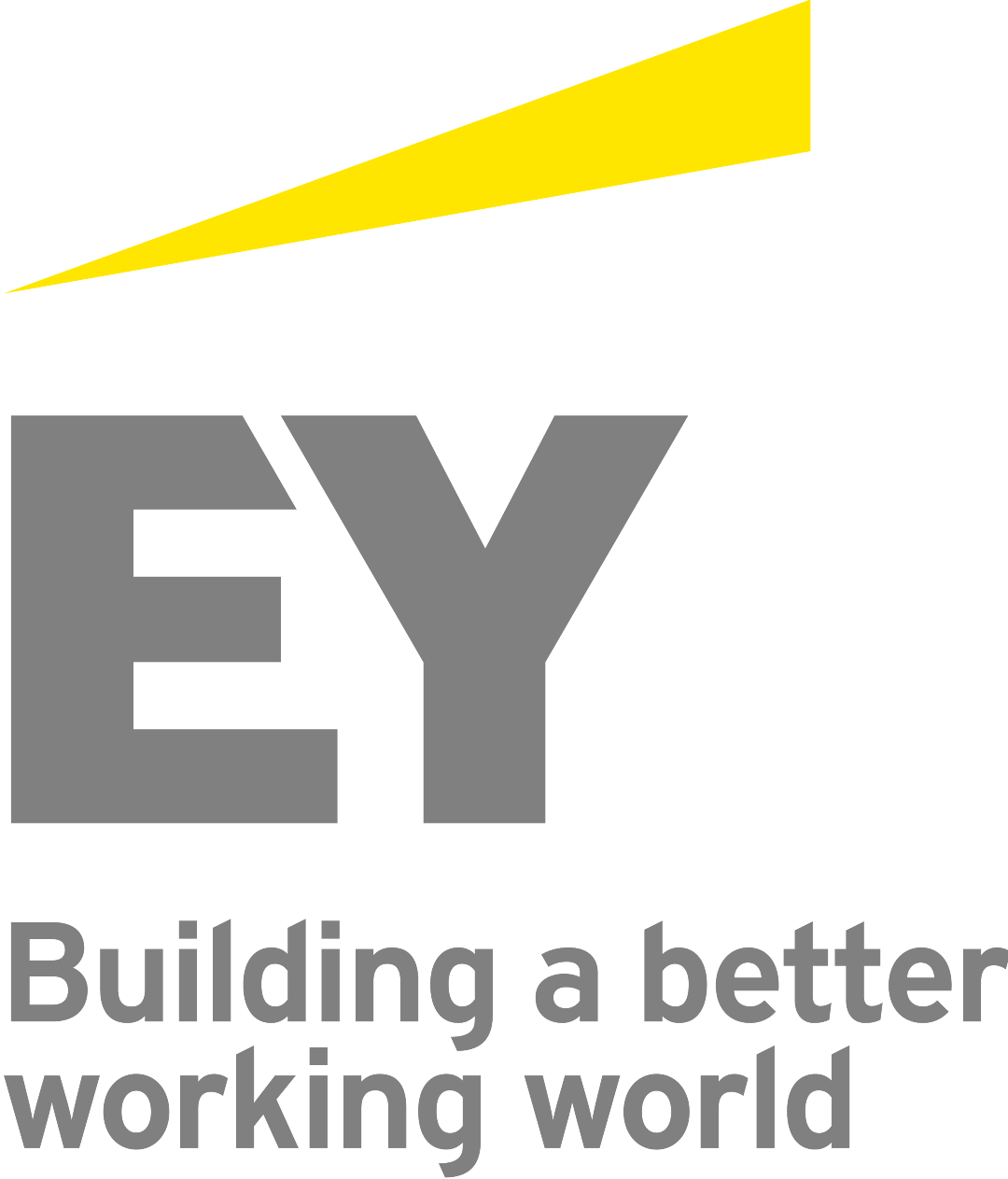Boards must still do more to manage risk: EY Fraud Survey
TORONTO, April 19, 2016 /CNW/ - Only four percent of Canadian finance executives could justify unethical behaviour in an economic downturn – significantly fewer than 36% of global respondents in EY's 2016 Fraud Survey. With Canada's economy still struggling to rebound from slumping oil prices and a weakened dollar – that's good news.
"Canadian executives stand out head and shoulders from the rest of the world," says Mike Savage, EY's Fraud, Investigation and Dispute Services Leader in a short video about the survey results.
According to EY's survey, Canadian executives are also less willing to act unethically to meet the pressures of financial targets. This includes offering entertainment, personal gifts or services, cash payments or misstating performance. Nearly three quarters don't believe any actions are justified to meet financial targets, versus just over half the respondents globally.
When it comes to different unethical actions executives could justify, Canadians clearly didn't support extending monthly reporting periods, backdating contracts or booking revenues prematurely. However, they were slightly more open to changing assumptions to determine valuations or reserves and more flexible product return policies.
"Although Canada consistently ranks better than other countries, still one-third of Canadian respondents believe bribery and corrupt practices happen widely in business in Canada," says Mike Savage, EY's Fraud, Investigation and Dispute Services Leader. "This is 10% more than last year."
Savage adds: "The escalating threats of cybercrime and terrorist financing have increased pressure on governments and companies to act. Regulators are increasingly focused on individual misconduct and that means Canadian boards should ensure they're doing enough to protect their businesses. Otherwise, they may be personally responsible for misconduct under their watch."
Not enough is being done
Nearly all Canadian respondents (92%) believe that prosecuting individual executives would help deter fraud, bribery and corruption – something that doesn't happen enough, according to the survey. One-third of Canadian respondents believe their government is willing to prosecute cases of bribery and corruption, but does not seem effective in securing convictions.
"Bribery and corruption pose a significant threat to a financial system already under stress and regulators are cooperating across borders to curtail unethical behaviour," says Savage. "Executives responsible for ethics and compliance should really consider using forensic data analytics as a way to manage risks and identify suspicious activity better and faster."
Whistleblowing
Whistleblowers remain a critical source of information on alleged misconduct. Regulators welcome such tips, and in some jurisdictions, including Canada, whistleblowers are offered substantial monetary rewards. Unlike financial executives from around the world, Canadian survey respondents don't believe loyalty to the company or to colleagues would prevent them from reporting an incident in their company.
"A robust whistleblowing policy may be a surprisingly effective tool to combat unethical behaviour in Canada," says Savage.
Other key findings from the survey
- Cyber risk is at the top of Canadian financial executives' agenda. 72% of Canadian respondents recognize cyber as a risk (versus 47% globally)
- 44% of Canadian companies are doing less due diligence than last year on country-specific risks (versus 36% globally). This is an important finding, as more companies continue to expand their operations outside of Canada.
- 32% of Canadian companies are doing less due diligence than last year on industry-specific risks (versus 27% globally). This is a concern, as more companies are expanding into industries other than their own.
Read EY's full 14th Global Fraud Survey 2016.
About the survey
Between October 2015 and January 2016, our researcher — the global market research agency Ipsos MORI — conducted 2,825 interviews in the local language with senior decision-makers in a sample of the largest companies in 62 countries and territories.
About EY
EY is a global leader in assurance, tax, transaction and advisory services. The insights and quality services we deliver help build trust and confidence in the capital markets and in economies the world over. We develop outstanding leaders who team to deliver on our promises to all of our stakeholders. In so doing, we play a critical role in building a better working world for our people, for our clients and for our communities.
For more information, please visit ey.com/ca. Follow us on Twitter @EYCanada.
EY refers to the global organization and may refer to one or more of the member firms of Ernst & Young Global Limited, each of which is a separate legal entity. Ernst & Young Global Limited, a UK company limited by guarantee, does not provide services to clients. For more information about our organization, please visit ey.com.
SOURCE EY (Ernst & Young)

Sasha Anopina, [email protected], 416 943 2637; Julie Fournier, [email protected], 514 874 4308; Leigh Kjekstad, [email protected], 604 648 3807

Share this article